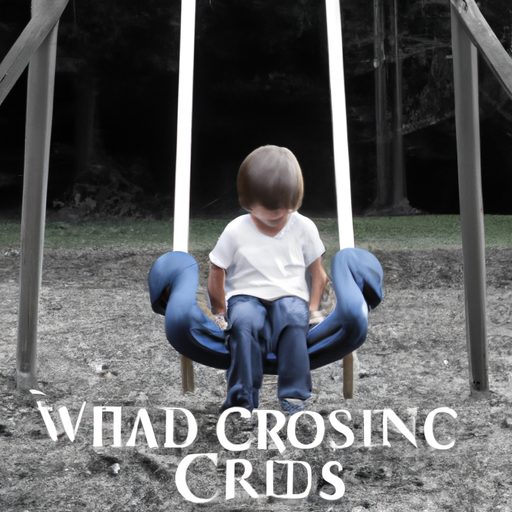The Opioid Crisis in Canada: A Closer Look at the Impact on Children
Today, I wish to shed light on an alarming ripple effect that the opioid crisis in Canada is causing. The crisis is impacting a very vulnerable section of our society – our children. This issue was recently brought to attention by Ontario Regional Chief, Glen Hare, as reported by The Spec.
The Impact on the Young Generation
Thousands of children are being left traumatized and orphaned as a result of the opioid crisis. They are losing their parents and loved ones to opioid overdoses at an alarming and heartbreaking rate. According to Ontario Regional Chief, Glen Hare, more than 14,000 children had lost a parent to overdose in Ontario from 2016 to 2020. These children not only lose their parents, but they lose their emotional support, stability, and often end up in foster care or custody of the local child welfare authorities.
The Connection to the Opioid Class Action
An interesting aspect of Chief Hare’s statement was the correlation drawn between the opioid crisis and the recently approved opioid class action lawsuit against pharmaceutical companies. The suit alleges that these companies were irresponsible in the way they marketed opioids, leading physicians to overprescribe these potent drugs, which sparked the crisis we find ourselves in today.
So, how do these children fit into this lawsuit? Chief Hare argues that these children are the “forgotten victims” of the opioid crisis and should be included in the opioid class action lawsuit. This inclusion could potentially direct funds towards their care and support.
Efforts to Combat the Crisis
While the crisis paints a bleak picture, there are efforts being taken to address it. Some of these include:
- Educational programs to alert physicians and the public about the dangers of opioids.
- Distribution of Naloxone, a medication known to reverse the effects of an opioid overdose.
- Mental health support and counseling for those dealing with addiction.
- Pushing for society to view addiction as a health issue rather than a moral failing or crime.
- Inclusion of affected children in the class action suit, to ensure they receive ongoing support.
However, the opioid crisis also exacerbates other societal issues involving housing and crime. Chief Hare suggests that addressing homelessness is one way to tackle the opioid crisis. Individuals without stable housing are more likely to suffer from addiction and mental health issues, hence, providing them with secure, safe, and affordable housing can go a long way in solving this public health crisis.
In Conclusion
Shining a light upon this heartbreaking situation emphasizes the toll that the opioid crisis is taking on our society, especially on our children. We find ourselves entwined in several issues: drug addiction, loss of family, homelessness, and crime, all interconnected and feeding into one another creating a vicious cycle. Addressing the opioid crisis holistically, keeping in mind the ripple effects it is causing, may be the key to breaking this cycle.
At the heart of these discussions, we must always remember the human aspect of the crisis – the people affected, the lives lost, and the trauma inflicted on innocent children. Our care, compassion, and concerted action are vital to managing this crisis and hopefully one day, overcoming it.


